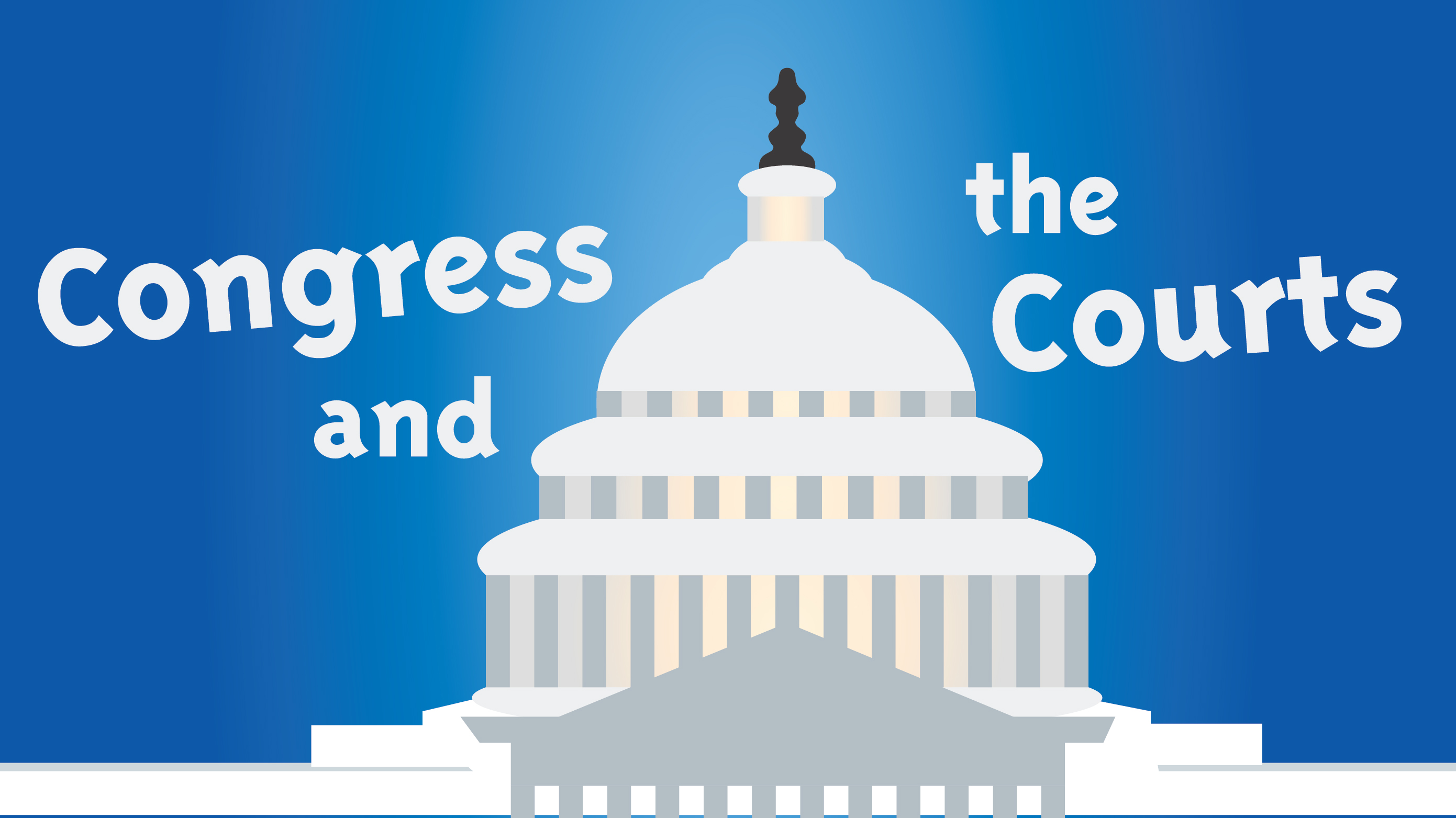
Impending Kavanaugh confirmation should motivate Dems
By: Connor McNarin, Columnist
This past week, details surrounding President Trump’s latest Supreme Court nominee have dominated the news cycle. Brett Kavanaugh, former White House Staff Secretary to George W. Bush and current judge on the Circuit Court of the District of Columbia, has spent the past few days enduring an intense grilling from Democrats on the Senate Judiciary Committee.
As is enumerated in Article II of the United States Constitution, the Senate is responsible for advising the president in his choice of a Supreme Court Justice. And if the nominee is acceptable to a simple majority of senators – formerly sixty before Republicans invoked the nuclear option and weakened confirmation standards – they will be seated to the highest court in the land.
It is true that surrounding Judge Kavanagh is a plethora of politically contentious realities, ranging from his work for the forty-third president to his seeming ambivalence regarding a woman’s right to choose, Obamacare, and gun rights. But for those who have implied that Democrats should not consider Kavanaugh (even though Republicans could simply vote on Kavanaugh in their absence), a grim reality exists: Republicans have every right to confirm Kavanaugh, and if they do, Democrats in large part have only themselves to blame.
By no means do I advocate Kavanaugh’s political leanings and likely jurisprudence, and I strongly believe that Kavanaugh’s nomination would harm the country in future legal predicaments. But in order for the Constitution to maintain its legitimacy in American political processes, its text ought not to be circumvented by political trickery and maneuvering simply because the party not in executive and legislative power disagrees with the nominee.
Based on a long-standing frustration with perceived judicial progressivism, conservatives and Republicans have anchored their politics to the Court. Throughout the 2016 election, both in the presidential and congressional races, Republicans consistently reiterated the importance of a conservative judiciary. But in Democratic politics, urgency surrounding a potential court nomination has recently been non-existent.
It is easy to strongly associate our own political visions and motivations with members of Congress and the president; after all, the legislature and the executive are the branches of government that the general public is allowed to directly influence. But what is often forgotten, especially by Democrats, is that the jurisprudence of Supreme Court justices play a monumental role in shaping the nation’s politics.
In recent years, the Court has made unlimited the amount of campaign donations that big corporations can offer to candidates; it has extended the right for same sex couples to marry to all fifty states; and it has expanded individuals’ rights to own a firearm. In short, the Court has done and will continue to do countless impactful things, and in order for Democrats to adequately complement a desired legislative and executive dominance in future, they must start prioritizing court nominations.
President Obama made clear in 2009 that elections have consequences. His reasoning was that because he had won the presidency, secondary political consequences like judicial nominations, executive orders, and more were the natural result. Following the 2016 election, Democrats need to remember this declaration in the future.
Now that Republicans have diluted judiciary confirmation standards down to a fifty-one vote majority, and given that the GOP maintains control of 51 seats, Kavanaugh’s confirmation is likely. And even if one Republican broke with party ranks and initiated a tie on Kavanaugh’s vote, Vice President Mike Pence would be the deciding vote.
To Democrats who feel powerless, it is essential to harness the pessimism and potential cynicism surrounding the current state of politics and use these feelings to motivate outcomes in future elections. Much like the Republican Party has done recently, Democratic politicians and activists need to make court nominations a central voting issue. For those who wish to keep secure a woman’s right to choose, the healthcare of millions, the safety of children in school, and many other progressive achievements derived from court decisions, it is paramount that they not only vote, but also make judicial implications central to their voting behavior.

